Ferragosto - Or Why Italy Closes in August

Have you ever wondered why August is the "ghost month" in Italy? Why the cities empty and everyone flocks like suntanned sheep to the beach? There is a historic reason (or two) for this ever-so-predictable Italian habit of taking holiday in August.
FERRAGOSTO - THE ROMAN HOLIDAY
The first incarnation of the August vacation was -not ironically- instituted by Caesar Augustus. The Roman emperor decided to link up the various festivities that took place throughout the month to create a longer period of rest from the year's labors. The tradition of feriae augusti dates back to 18 BC, so you see that it is pretty much instilled in the Italian DNA to "vacate" the city for the month of August and "vacation"!
THE FEAST OF THE ASSUMPTION
Following the Roman Empire, during the Christian period the celebrations became focused on the church's institution of August 15 as the date of the Assumption of Mary into heaven. As it also coincided with the heat and the desire to go either into the countryside, to the seaside or to the mountains, a few days before and after became traditional for a scappata (a getaway). Even if people stayed home, the holy day of August 15 was a festa to be observed, with a day before or after being connected with other religious observances and civic events. It is still a national holiday and people frequently create a "ponte" (bridge) by taking off days before and/or after to make a longer holiday period.
FERRAGOSTO AND FASCISM - THE AUGUST HOLIDAY IN MODERN TIMES
The August desertion of the cities didn't really take hold until Fascism. Mussolini had organized summer camps for kids, called colonia estiva, where children could go to the sea or the mountains, for fresh air, recreation and sports (and a bit of fascist indoctrination, of course). There noted camps in Gaeta, Tuscany and Anzio. The week-long camps were extended to various parts of the country. Then they started to organize for adults to go for a few days, in conjunction with the labor unions' cultural and recreational programs, for parents to go pick up the kids, stay a few days, and giving families the opportunity for down-time and relaxation. Rail tickets were steeply reduced. Even families whose children didn't go to the colonia started to take advantage of this great deal - hop on a train at a low cost, take along a sack lunch, go splash in the sea.
(See this page from the Provincia di Roma's archives with interesting photos of one of the children's colonia camps in Anzio.)
The idea of a family vacation over the August holiday caught on, and gradually extended from just a few days to a week or more. Offices closed; official business was put on hold. Since many people couldn't conduct business as usual, they also decided to close shop, too. And thus a tradition was instilled.
Today, the most popular (and expensive!) time to go on vacation is the week of Ferragosto (the week of the Assumption, which is August 15). Even if they don't go on holiday per se, they'll still go out into the country for a picnic or a big organized lunch with family and friends. The reality is that much of August is now the "holiday period" and so shops and restaurants will close for a week or two at some point. Offices suspend work, professionals shutter their studios, even doctors leave their practice to pack themselves onto the beaches!
So you see, there *is* a reason Italians cling to their feriae augusti tradition!
GOOD OR BAD FOR TOURISTS?
It depends! August is actually a good time to visit, especially the cities, as you'll find a bit of breathing room when the vast masses leave! Sure, you'll find some places closed, but just as many will remain open. And there are plenty of events, concerts and exhibits to make up for it. If you want to go to the beach, you'll find lots of company filling the sand. We'd recommend the first week or last week if August is your intended month to come.
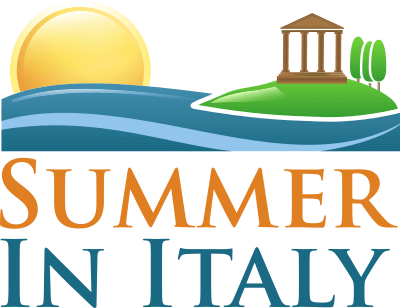
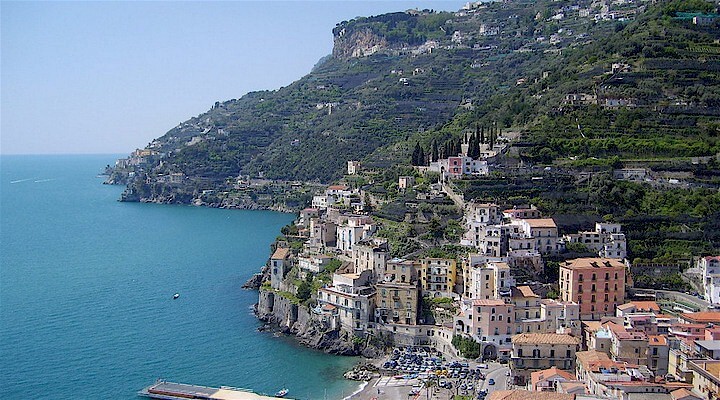 Amalfi Coast
Amalfi Coast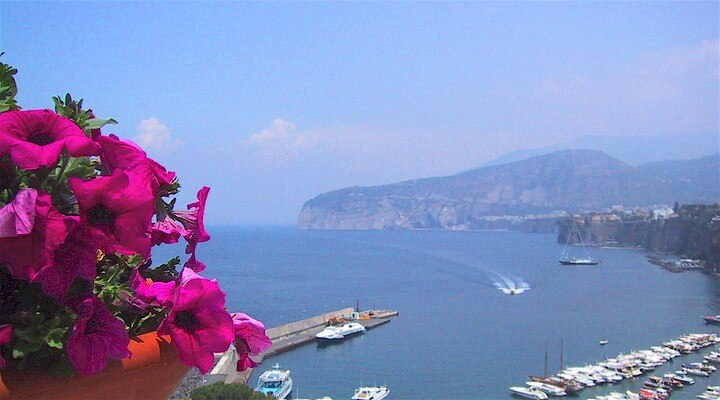 Sorrento Coast
Sorrento Coast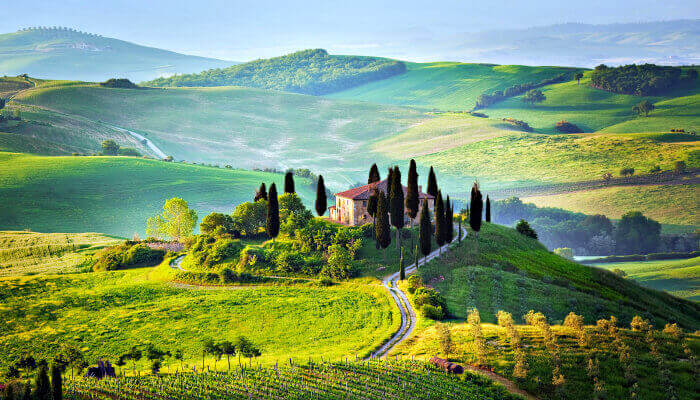 Tuscany
Tuscany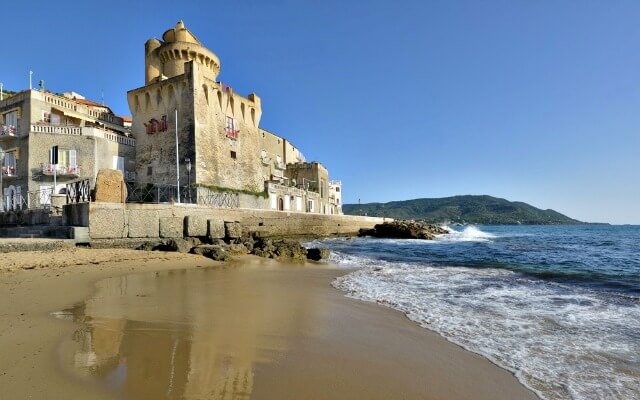 Cilento National Park
Cilento National Park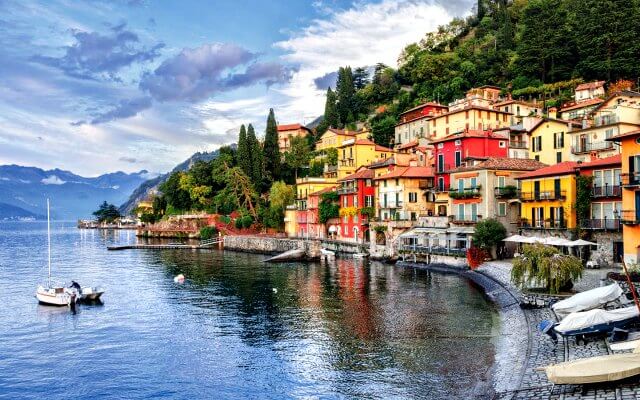 Lake Como
Lake Como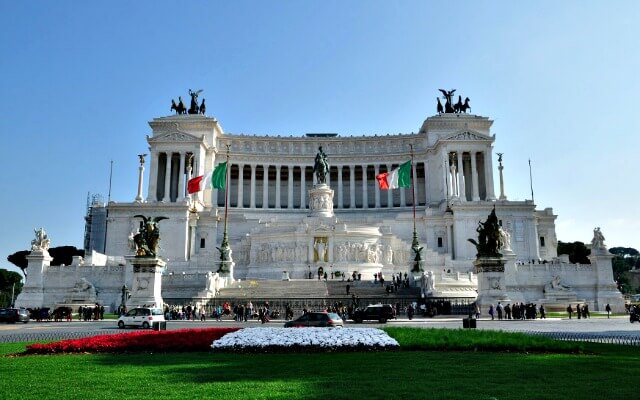 Rome and Latium
Rome and Latium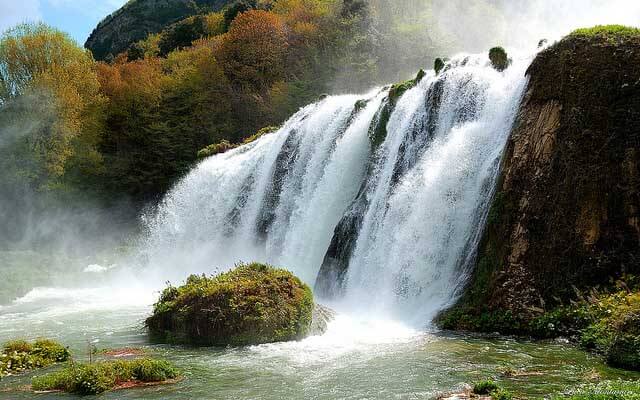 Umbria
Umbria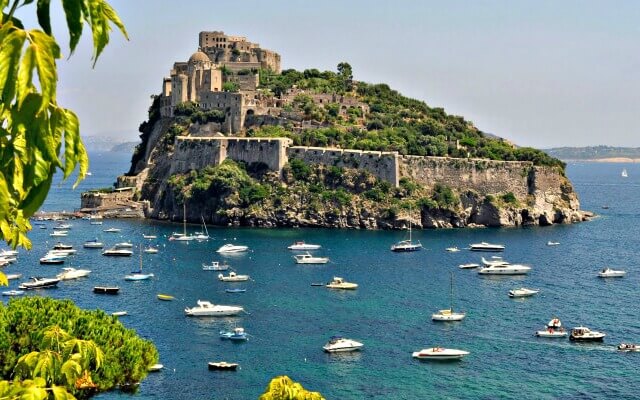 Capri and Ischia
Capri and Ischia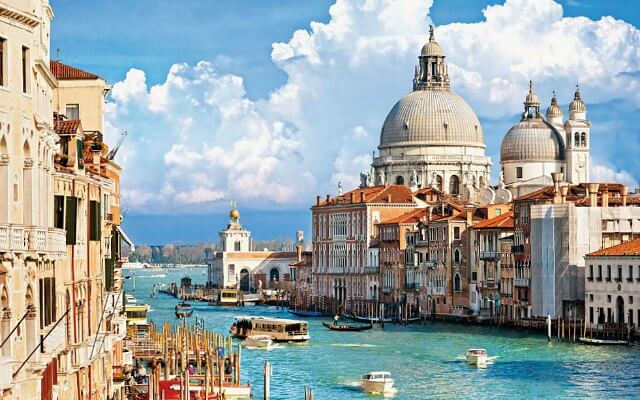 Venice
Venice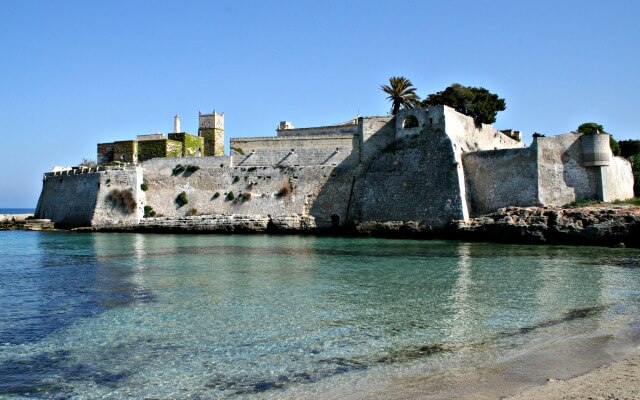 Puglia (Apulia)
Puglia (Apulia)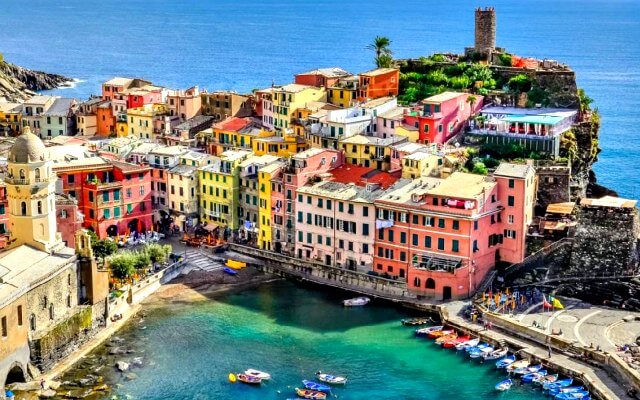 Liguria
Liguria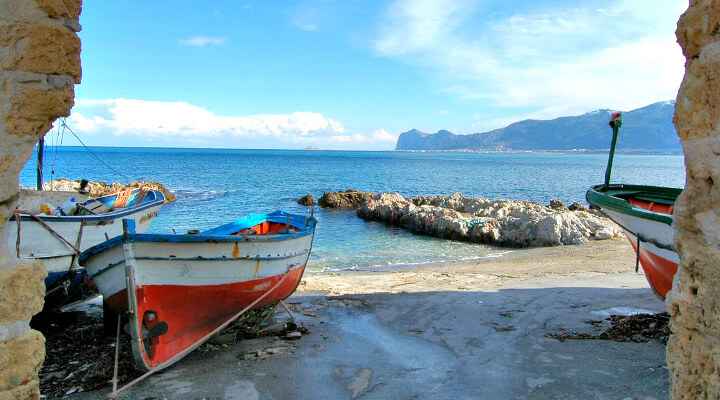 Sicily
Sicily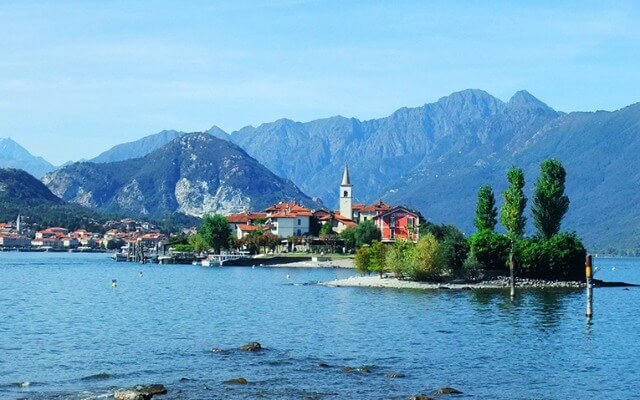 Lake Maggiore
Lake Maggiore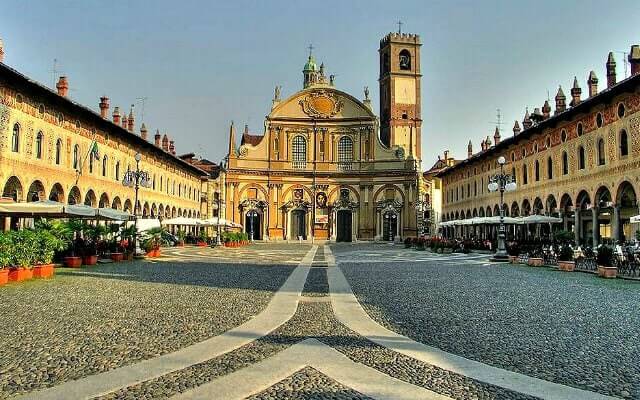 Lombardy
Lombardy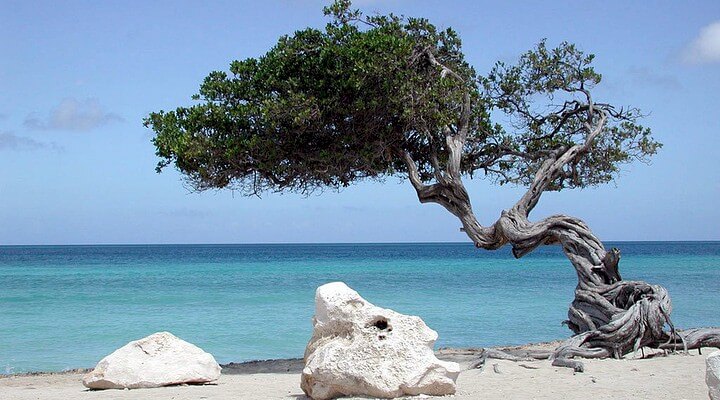 Sardinia
Sardinia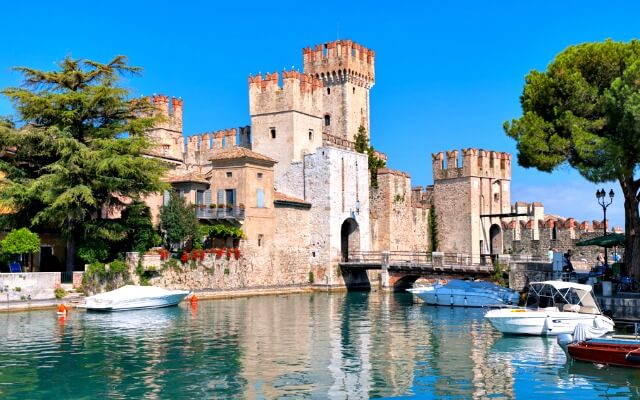 Lake Garda
Lake Garda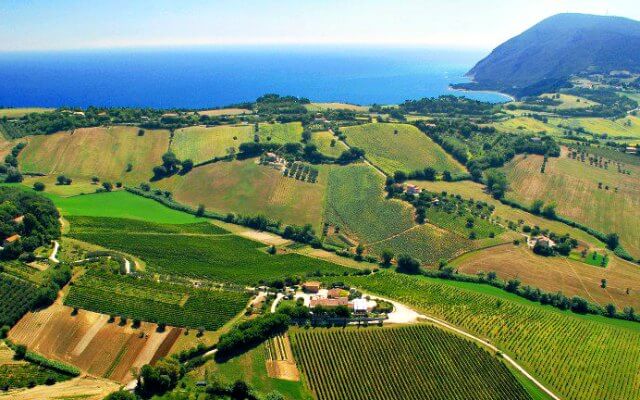 Abruzzo and Marche
Abruzzo and Marche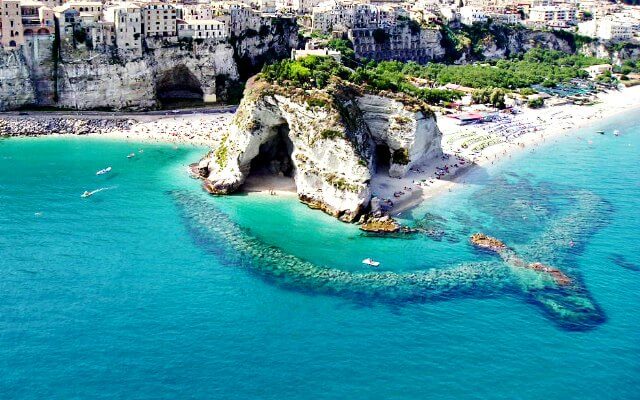 Calabria
Calabria

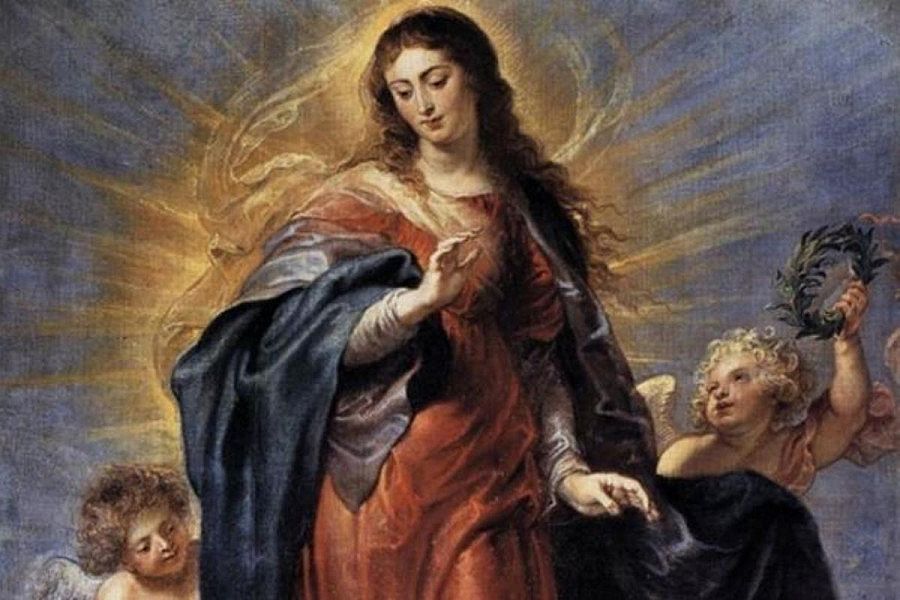

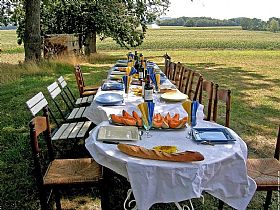



Been there? Done that? Share your experience and tips!
Haven't visited yet? Have questions? Ask them here!